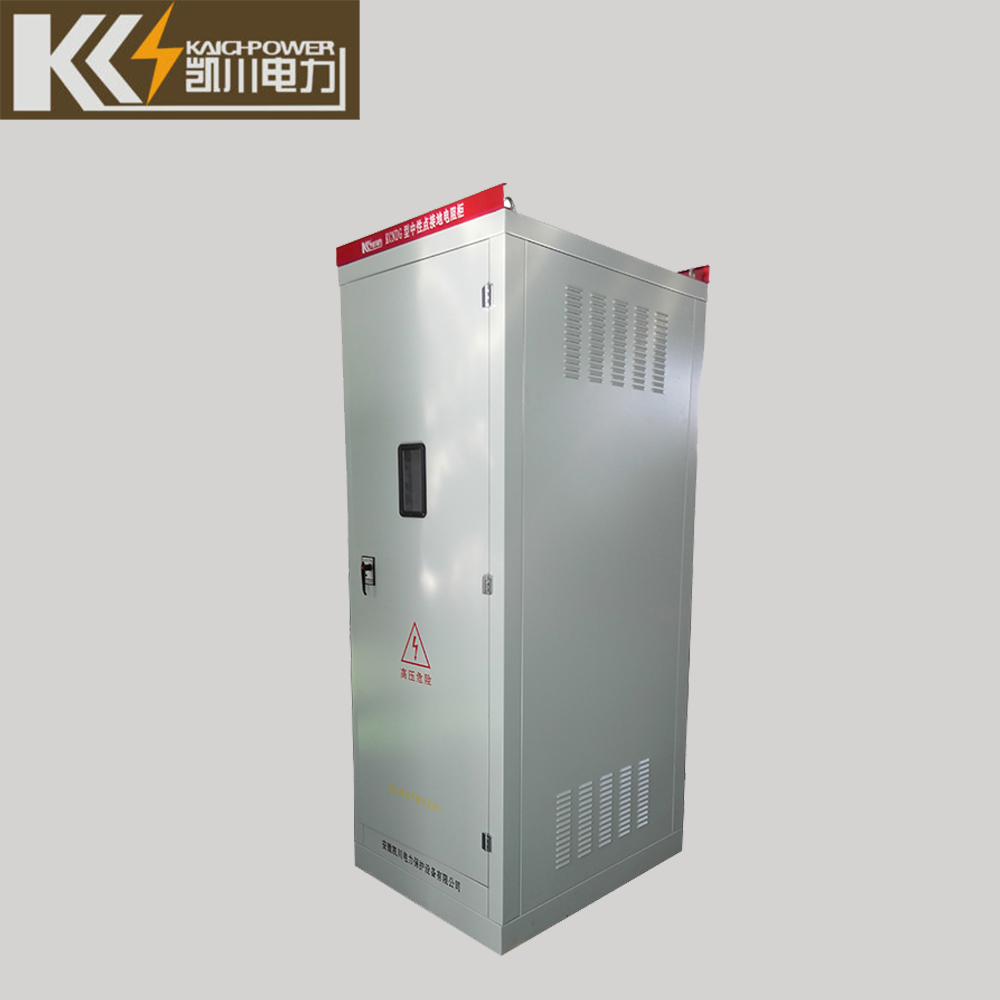Understanding Neutral Earthing Grounding Resistors

Neutral earthing grounding resistors are an essential component in electrical systems. They play a crucial role in maintaining the safety and stability of the system by limiting the fault current and preventing potential damage to equipment and personnel.
What is Neutral Earthing?
In an electrical system, the neutral point is the reference point for voltage measurements. It is typically connected to the earth through a grounding system. Neutral earthing refers to the intentional connection of the neutral point to the earth to provide a return path for fault currents and to ensure the system’s stability.
The Role of Grounding Resistors
Grounding resistors, also known as neutral earthing resistors, are used to limit the fault current that flows through the neutral point during a fault condition. They are designed to provide a controlled path for fault currents to flow to the earth, preventing excessive current from damaging the system.
Grounding resistors are typically connected between the neutral point and the ground. They have a specific resistance value that determines the amount of fault current that can flow through them. By carefully selecting the resistance value, the fault current can be limited to a safe level, preventing equipment damage and reducing the risk of electrical shock.
The Benefits of Neutral Earthing Grounding Resistors
Neutral earthing grounding resistors offer several benefits in electrical systems:
1.Fault Current Limitation:
By limiting the fault current, grounding resistors protect equipment from damage and minimize the risk of fire or explosions. They ensure that fault currents do not reach dangerous levels, keeping the system safe and operational.
2.Voltage Stabilization:
Grounding resistors help stabilize the system’s voltage by providing a low-impedance path for fault currents. This helps to maintain a balanced voltage across the system, preventing voltage fluctuations and ensuring the smooth operation of equipment.
3.Personnel Safety:
By limiting fault currents and reducing the risk of electrical shock, grounding resistors enhance the safety of personnel working in the vicinity of the electrical system. They provide a controlled path for fault currents to flow, minimizing the potential for injury.
4.Equipment Protection:
Grounding resistors protect sensitive electrical equipment from damage caused by fault currents. By limiting the current flow, they prevent overheating and reduce the risk of equipment failure, extending the lifespan of valuable assets.
Choosing the Right Grounding Resistors
When selecting grounding resistors, several factors need to be considered
1.System Voltage:
The system voltage determines the insulation requirements and the overall design of the grounding resistors. It is crucial to choose resistors that can handle the voltage levels of the system.
2.Fault Current Level:
The expected fault current level helps determine the appropriate resistance value for the grounding resistors. It is essential to select resistors that can handle the maximum fault current without overheating.
3.Ambient Conditions:
The operating environment, including temperature, humidity, and corrosive elements, should be considered when selecting grounding resistors. They should be able to withstand the environmental conditions without degradation in performance.
4.Compliance with Standards:
Grounding resistors should comply with relevant industry standards and regulations to ensure their reliability and safety. It is important to choose resistors from reputable manufacturers who adhere to these standards.
Conclusion
Neutral earthing grounding resistors are a vital component in electrical systems. They provide fault current limitation, and voltage stabilization, and enhance both personnel safety and equipment protection. Choosing the right grounding resistors is crucial to ensure the safe and reliable operation of the electrical system.